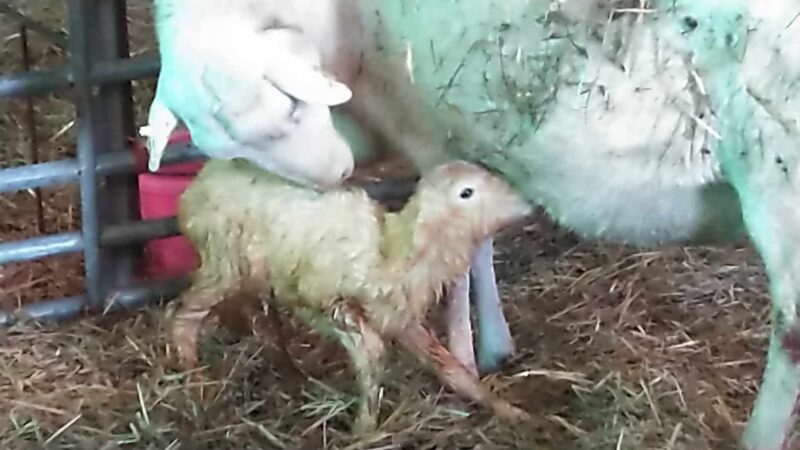Here at Green Pastures Farm, about a third of my ewes are over eight years old, which means they are considered elderly. I keep these old gals around because they have proven themselves genetically over the years, but as they age, managing them gets challenging.
Elderly ewes start to show wear and tear, and their immune systems get more compromised than younger ewes. Even their teeth can start to wear down such that they can’t process their food as easily. That means that they might struggle with maintaining good condition, fighting off parasite infections, or developing mastitis.
If you have elderly ewes that haven’t been able to keep their condition in the last few weeks of pregnancy, they may develop pregnancy toxemia and require propylene glycol. Ewes with pregnancy toxemia are also at a higher risk of getting pneumonia.
Mastitis is also more common among elderly ewes than younger ones. Some cases of mastitis can be treated successfully with warm compresses and milking out the udder. Other times, it requires more aggressive measures such as antibiotics.
Unfortunately, some people think if you have mastitis or parasite loads in your flock it means that you have bad stock. Certain things like that become more common regardless of genetics among elderly ewes. We need to remember that even though St. Croix sheep are hardy, they aren’t impenetrable. While we definitely need to keep the best and cull the rest, we also need to avoid culling animals that are actually genetically valuable but have declined in performance due to age or management issues. No matter how good their genetics are, the passage of time and changes in environment can lead to problems.

